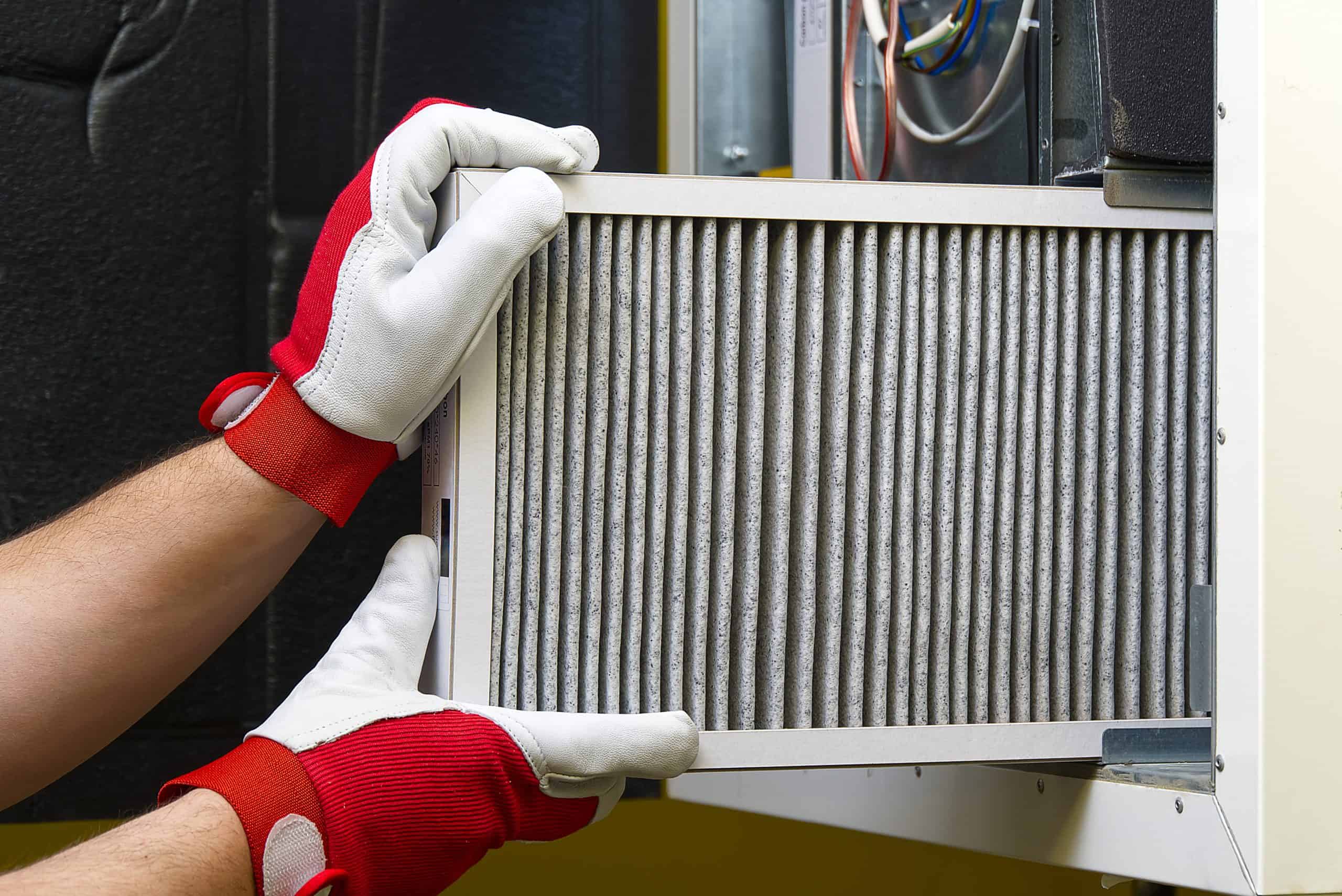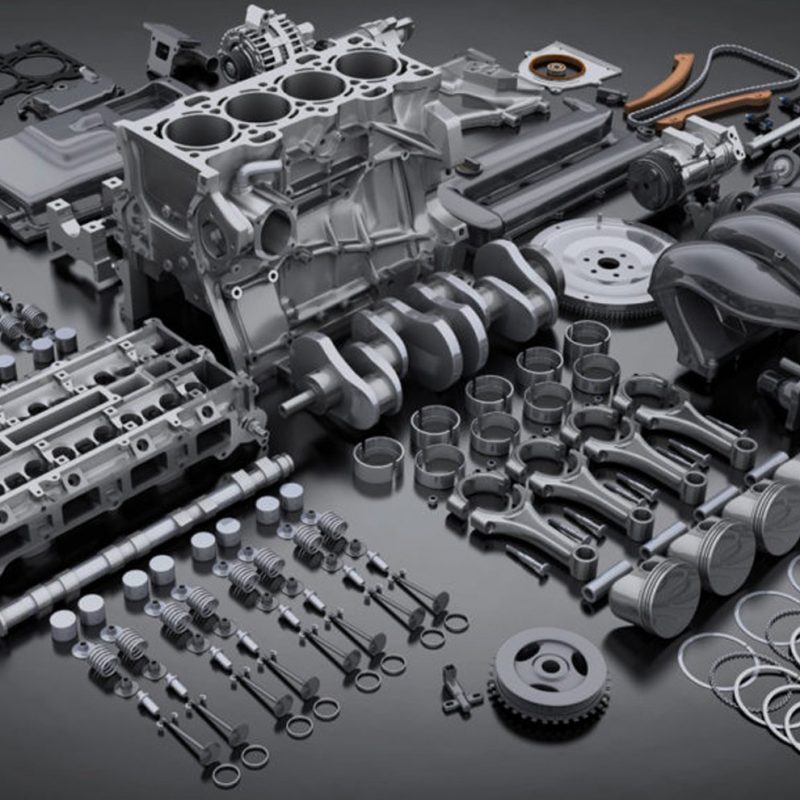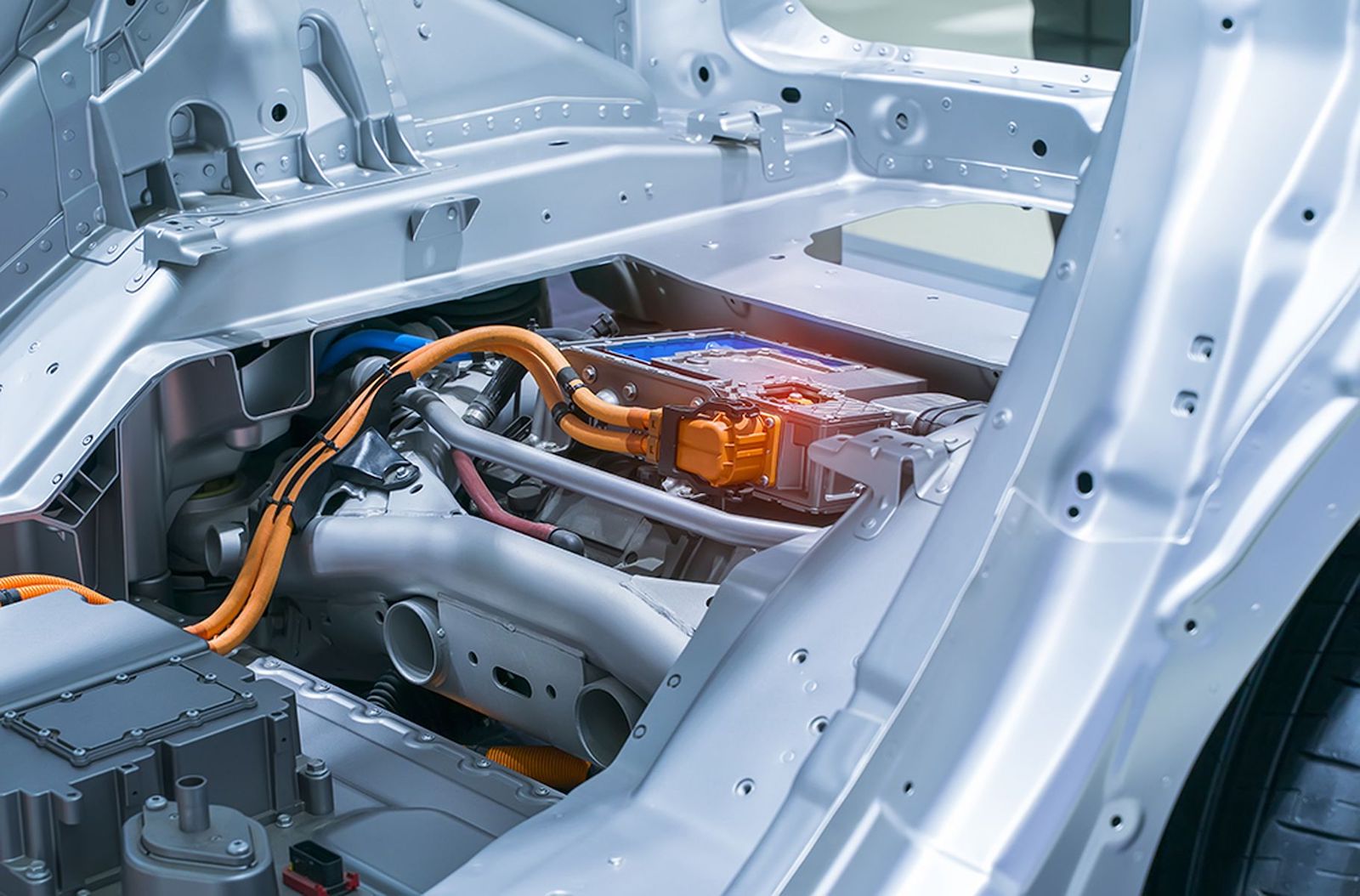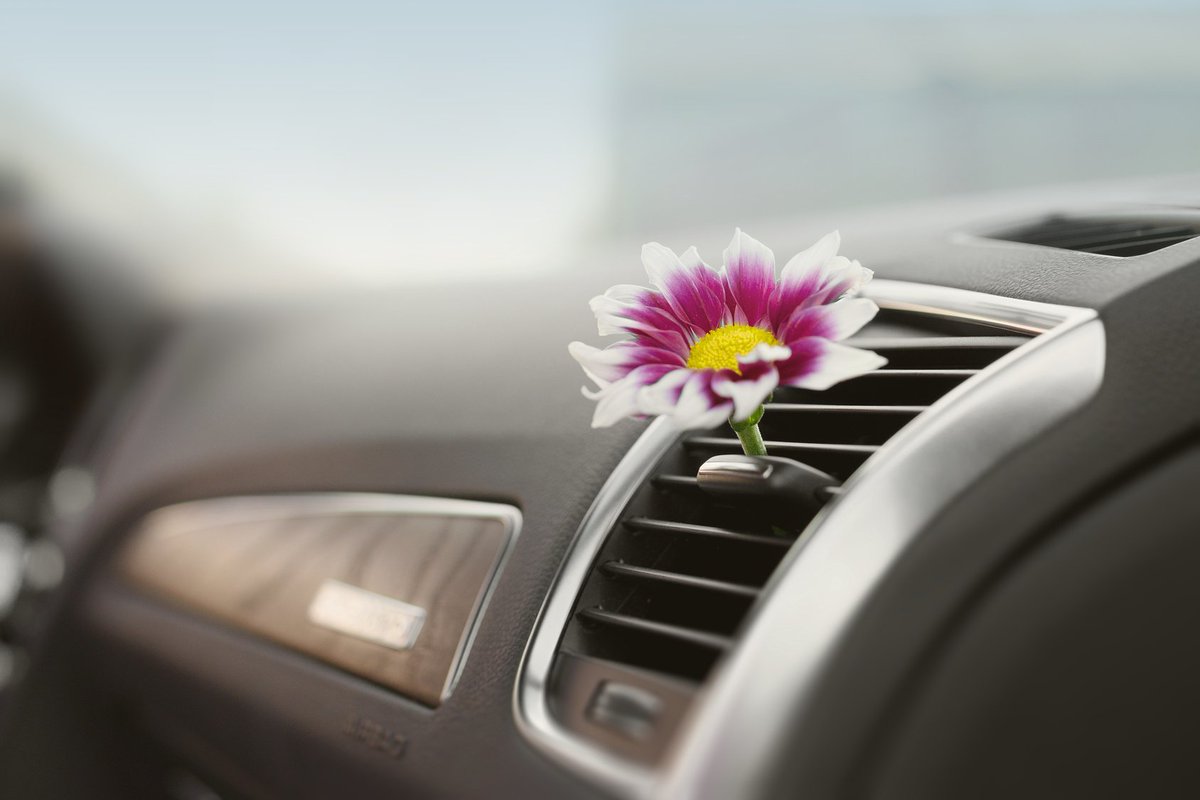The Importance of Changing Your Engine Air Filter Regularly
The Importance of Changing Your Engine Air Filter Regularly
I. Introduction
A. The engine air filter is a component in a vehicle that is responsible for filtering out dirt, dust, and other particles from the air before it enters the engine. This is important because these particles can cause damage to the engine if they are not removed. The engine air filter is typically located near the air intake of the vehicle and can be easily accessed for maintenance.
B. Maintaining the engine air filter is crucial for the overall health and performance of the vehicle. A clean air filter ensures that the engine is receiving the proper amount of air, which is necessary for combustion and power generation. A dirty or clogged air filter can restrict airflow to the engine, causing a decrease in performance and an increase in fuel consumption. Additionally, a dirty air filter can lead to damage to other engine components, such as the cylinder walls, pistons, and spark plugs, which can be costly to repair. Regularly changing the engine air filter can prevent these issues and prolong the life of the engine.
II. How often should you change the engine air filter?
A. The recommended interval for changing the engine air filter varies depending on the manufacturer of the vehicle. It is important to consult the owner’s manual or contact a dealership to find out the specific recommendations for your vehicle. Typically, the intervals range from every 30,000 miles to every 100,000 miles, or every two to five years, whichever comes first.
B. While the manufacturer’s recommendations provide a general guideline, there are several factors that can affect how often the engine air filter should be changed. These include driving conditions and environment. For example, if you frequently drive on dirt roads or in areas with high pollution, the air filter may need to be changed more often. Similarly, if you live in an area with a lot of dust or pollen, the air filter may get clogged more quickly. It’s also important to note that if you use your vehicle for towing or hauling heavy loads, it would need more frequent filter change. Keeping track of your driving conditions and environment and checking the air filter regularly can help you determine if it needs to be changed more frequently.
III. Signs that it’s time to change the engine air filter
A. One of the most noticeable signs that it’s time to change the engine air filter is a reduction in engine performance. This can manifest as a lack of power or acceleration, particularly when climbing hills or passing other vehicles. If you notice that your vehicle is no longer able to maintain its usual speed or is struggling to accelerate, it’s a good idea to check the air filter.
B. Another sign that the air filter needs to be changed is an increase in fuel consumption. When the air filter is dirty or clogged, it can restrict airflow to the engine, which can cause the engine to work harder. This can result in increased fuel consumption and a corresponding increase in fuel costs.
C. If you notice any unusual engine sounds, such as a whistling or hissing noise, it could be a sign that the air filter is dirty or clogged. These sounds can occur when the engine is working harder to draw in air due to a restricted air filter.
D. On some vehicles, a check engine light may come on when the air filter is dirty or clogged. This light can indicate a variety of issues, but it’s worth checking the air filter to see if it’s the cause of the problem. If the check engine light comes on and you suspect it might be related to the air filter, it’s a good idea to have the vehicle checked by a mechanic.
It’s important to keep an eye out for these signs and to change the air filter as soon as possible to avoid more serious and costly problems.
IV. How to change the engine air filter
A. Changing the engine air filter is a relatively simple task that can be done with a few basic tools. The tools and materials you will need include: a new air filter, a screwdriver, pliers (if necessary), and a clean rag or towel.
B. Step-by-step instructions for changing the filter:
- Locate the air filter housing. This is typically located near the air intake of the vehicle and can be accessed by removing a cover or lid.
- Remove the old air filter. This may require the use of a screwdriver or pliers, depending on the type of housing.
- Clean the housing and surrounding area. Use a clean rag or towel to remove any dirt or debris that may have accumulated in the housing or around the air intake.
- Insert the new air filter. Make sure it is seated properly and that the seal is tight to prevent dirt and debris from entering the engine.
- Replace the cover or lid and secure it in place.
C. Once you have changed the air filter, it’s important to properly dispose of the old filter. Do not simply throw it in the trash, as it may contain harmful chemicals. Instead, check with your local government for guidelines on disposal, or check with the manufacturer of the air filter for information on recycling options. Some auto parts stores also accept old air filters for recycling.
Changing the air filter is a simple and easy way to keep your engine running smoothly and efficiently. By following these steps and disposing of the old filter properly, you can ensure that your vehicle continues to perform at its best.
V. Conclusion
A. In conclusion, changing the engine air filter regularly is an important aspect of maintaining the overall health and performance of a vehicle. The air filter plays a vital role in protecting the engine from dirt, dust, and other particles that can cause damage and reduce performance. By following the manufacturer’s recommendations and being aware of the signs that it’s time to change the air filter, you can ensure that your vehicle is running at its best.
B. Maintaining the engine air filter has many benefits, including improved fuel efficiency and increased engine lifespan. A clean air filter allows the engine to draw in the proper amount of air for combustion, which can result in better fuel economy. Additionally, by preventing dirt and debris from entering the engine, a clean air filter can help protect other engine components and prolong the life of the engine. By regularly changing the engine air filter and properly disposing of the old filter, you can ensure that your vehicle will continue to run smoothly and efficiently for many miles to come.


